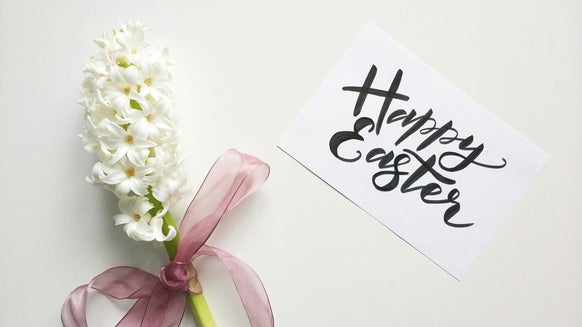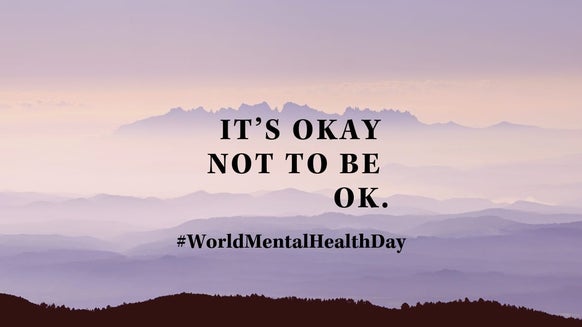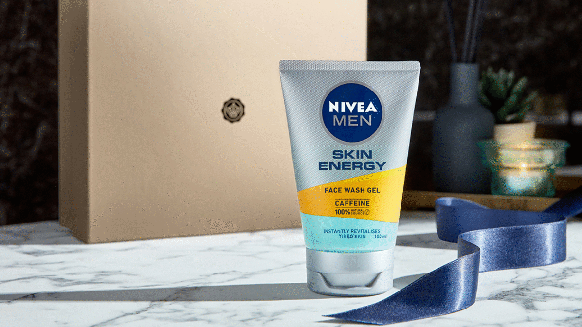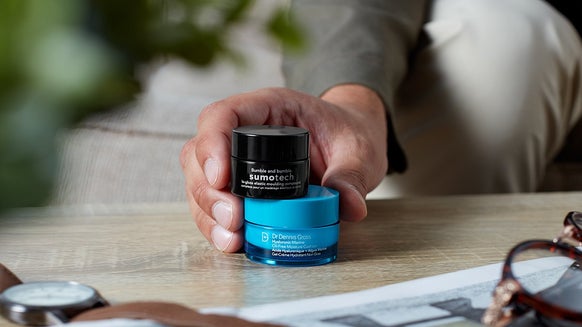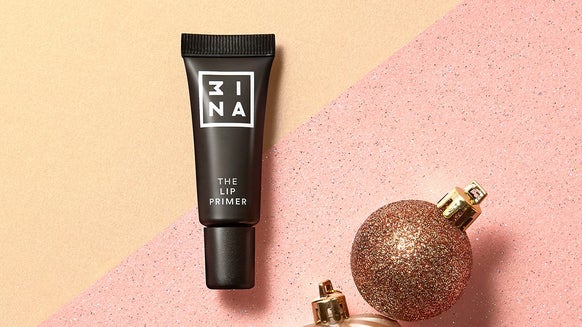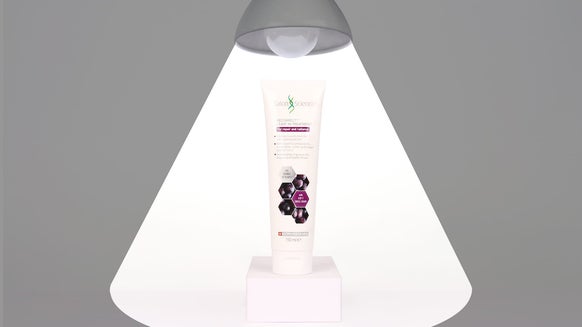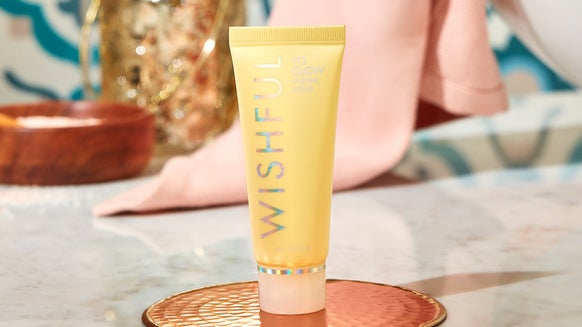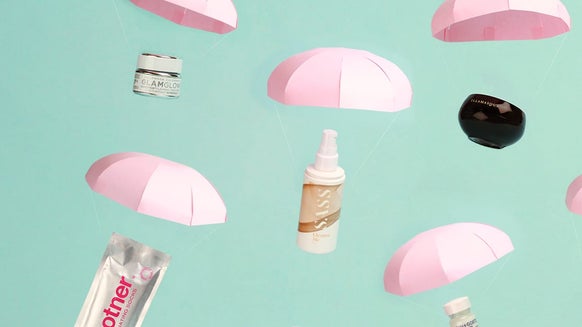#nofilter: A Guide To The Eco-Friendly Menstruation Products Available
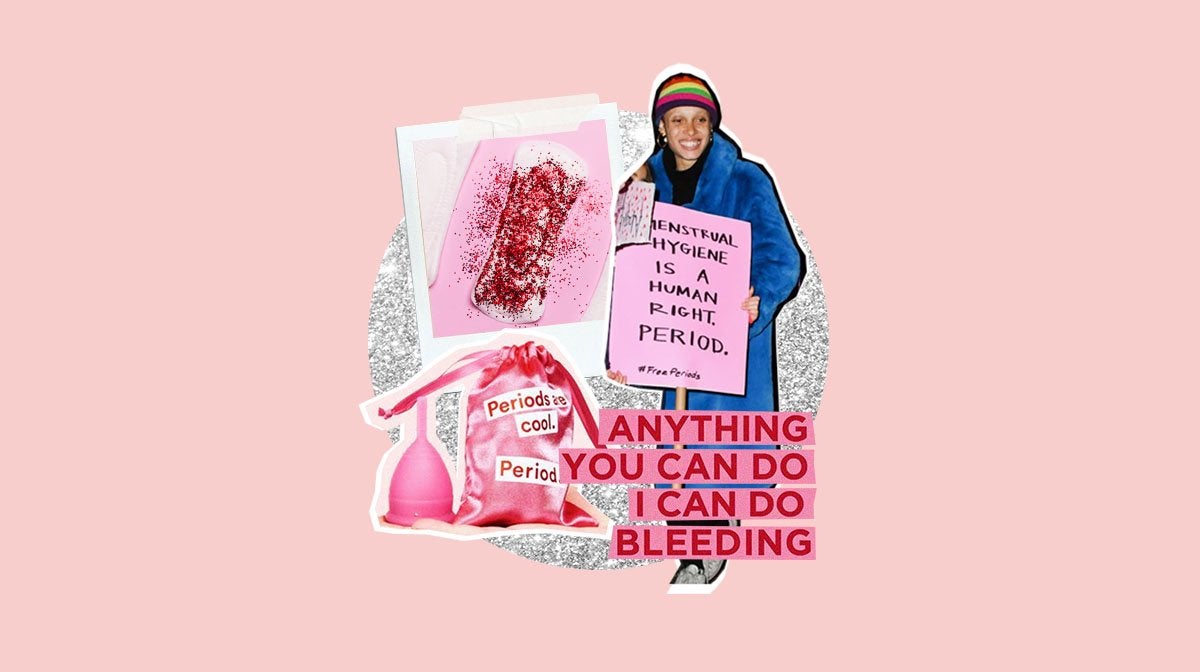
It’s a win for period positivity! This week, the government rolled out its new scheme to provide free menstruation products to all schools and colleges in England. This means that schools now have the budget to buy enough products for 35% of their menstruating students. It’s a huge step towards ending period poverty!
Of course, period poverty doesn’t just affect girls in schools. While I don’t want to take away from this massive win, it’s worth remembering that women across the country are still struggling to afford menstruation products. With that in mind, I’ve put together a guide to help you choose the right menstruation product for you and your budget.
The Cheaper Options
As I’m sure you know, menstruation products in the UK are classified as ‘luxury’ items and are consequently taxed at 5%. While some supermarkets, like Tesco, Waitrose and Morrisons have all removed the VAT on tampons, pads and liners, even without tampon tax, menstruation products are pricey.
There are some cheap menstruation products out there (Aldi’s cheapest range starts at 42p, while Asda’s own brand range starts at 54p, both Sainsbury’s and Morrisons’ own brands start at 65p, and Tesco’s own brand starts at 66p) and it's important to know where to find them.
However, according to Ethical Consumer, conventional sanitary products are often made with materials that are bad for your health and bad for the environment. We’re talking pesticides, parabens, chlorine bleach, heavy metal dye, synthetic fragrances, unsustainable wood pulp and more. As brands are not required to disclose the materials found in sanitary products, it's difficult to judge whether these menstruation products are safe to use. So, to be on the safe side, it's worth looking at alternative options that actually work out cheaper in the long run.
Three Reusable Options
While reusable products do you have quite a high initial cost, they will save you considerable amounts of money in the long run. Plus, they’re better for the environment too. If you can afford the initial investment, these are definitely the way forward. Here are your options…
1. Menstrual Cups
More and more women are starting to use menstrual cups, and it’s no surprise why. They don’t create any waste, don’t contain any harmful substances, and are reusable.
What Is A Menstrual Cup?
A menstrual cup is essentially a small, flexible cup made of silicone that you insert into your vagina, just below your cervix. Unlike a tampon which absorbs your blood, a menstrual cup collects it. You can wear it for up to 12 hours, then you just remove it, rinse the blood away, wash the cup with hot soapy water, rinse and dry it carefully, then re-insert it.
What Are The Benefits Of A Menstrual Cup?
They Don’t Leak: If you’re worried about a menstrual cup leaking, don’t be! Extensive studies have found that menstrual cups offer the same protection as tampons. They Are Chemical-Free: Did you know that a lot of tampons are treated with bleach to make the cotton white? These chemicals then strip your vagina of its healthy lining and discharge which is essential to your vaginal health. A menstrual cup just gets rid of your period blood and leaves all of the healthy stuff behind. They Are Eco-Friendly: Did you know that a single menstrual cup can be used for up to 10 years? In that time, you’ll be saving the environment from close to 4,000 tampons and pads which take up to 800 years to decompose. They’re Perfect For Heavy Flows: Fun fact, most menstrual cups can hold at least three times more blood than a tampon.
Can You Recommend A Menstrual Cup?
There are so many menstrual cups on the market now. Personally, I like Intimina’s Lily Cup because it has a non-spill rim which makes it easy to remove. Of course, you could also opt for the classic Mooncup, the ever-popular Diva Cup, or the Organicup. These start at £20.99.
2. The New Reusable Tampon Applicator
If you don’t think that a menstrual cup is for you but you’d still like to do your part for the environment, then I’ve got an option for you there too: DAME have just launched the world’s first reusable tampon applicator!
About D, The Reusable Tampon Applicator
A truly revolutionary invention, D by DAME is a reusable tampon applicator that works exactly the same way as disposable ones do, without any of the plastic waste.
60% of women still prefer to use tampons with applicators. We saw a need to provide these women with a product they feel comfortable with, but in a much more sustainable way.
What Are The Benefits Of A Reusable Tampon Applicator?
It’s Eco-Friendly: Did you know that, according to nomoretaboo.org, 1.3 billion disposable tampon applicators are thrown away each year in the UK alone? D, however, lasts up to 10 years and can prevent 12,000 disposable applicators from polluting the environment. You Don’t Have To Change Your Routine: If you’ve been using tampons and applicators for years instead of other options like towels or cups, it’s probably because that’s what you’re most comfortable with – and we can all agree that comfort is key when you’re on your period. This applicator allows you to keep using the products you love without the environmental impact. It’s Designed To Be Hygienic: Crafted from medical grade Mediprene and antimicrobial Sanipolymers, D is entirely hygienic. You don’t need to disinfect it in boiling water or with chemicals between periods. It’s Compatible With All Tampon Sizes: Whether you need lite or super plus tampons, you can apply them with D. DAME Also Sell Organic Cotton Tampons: While I go into detail about organic options further down, it’s worth mentioning that DAME also sell 100% organic cotton, fully biodegradable and plastic-free tampons. You can view these here.
Where Can I Buy One?
Retailing at £24.99, D can be purchased from Waitroseor on the DAME website.
3. Washable Menstrual Pads
In the same way that reusable makeup pads and muslin cloths are becoming increasingly popular, you can also opt for washable menstrual pads.
What Are Washable Menstrual Pads?
The name says it all with this one, washable menstrual pads are soft pads made from naturally absorbent fabrics like cotton and bamboo. Once worn, you just rinse them in cold water, then put them in the wash ready for reuse.
They often come in bright or patterned designs and feature wings with poppers that wrap around your knickers to keep them in place.
What Are The Benefits Of Washable Pads?
They Are Better For The Environment: Disposable sanitary pads are made up of 90% plastic and non-biodegradable materials which can take as long as 800 years to decompose. By making the switch to washable pads, you’ll be reducing that plasticmassively. They’ll Save You Money: For starters, there is no tampon tax on washable pads! It’s also fifty times cheaper to buy washable pads than reusable ones. Over five years, you’re predicted to spend around £50 on washable pads, versus up to £2,500 on reusable ones. They’re Really Comfortable: Often described as ‘fluffy vagina blankets’, washable pads are so much more comfortable than reusable ones. Plus, they come in a range of sizes to suit your flow.
Where Can I Buy Washable Pads?
Another thing that I love about washable pads is that they are often handmade by independent companies. Cheeky Wipes, Luxury Moon, Honour Your Flow and Babipur all sell them. Check out their websites to find the pads that work best for you.
The Eco-Friendly Disposable Options
If you’re a bit squeamish when it comes to menstrual blood and would prefer to keep using reusable products, you can still choose eco-friendly options.
Why Are Conventional Disposable Products So Bad?
I’ll admit it because I reckon most women are in the same boat, I’d never really thought about what tampons and pads are made from until a couple of years ago.
As I mentioned at the start, conventional tampons are made with non-organic cotton, which is farmed using pesticides and insecticides, and rayon, a manmade material extracted from wood pulp that contributes to deforestation. Meanwhile, conventional pads are made up of around 90% plastic and take 8 centuries to decompose. Oh, and they both contain perfumes, dyes and chlorine bleach.
Basically, conventional menstruation products are bad for both your health and the environment. So what’s the solution? If you want a healthier and eco-friendlier disposable menstruation product you need to use 100% organic cotton pads or tampons.
Why Choose 100% Organic Cotton Products?
They’re Sustainably Made: Organic menstrual products are 100% natural and farmed without toxic pesticides. This organic farming method also produces up to 94% less greenhouse gases and makes better use of water. They Don’t Cause Irritation: Boasting a naturally soft and breathable texture, organic cotton is hypoallergenic and doesn’t cause any irritations or sweating.
Where Can I Buy 100% Organic Cotton Menstruation Products
100% organic cotton menstruation products is a booming market, meaning that there are quite a few brands out there to choose from:
Hey Girls : Who wouldn’t love an eco-friendly, chlorine and bleach-free sanitary product that tackles period poverty in the UK? Hey Girls sell a range of Buy One Give One products where every time you buy one box, they give one to a woman in need. Sounds pretty great right? Well, just in case you need another reason to love Hey Girls, you’ll also be happy to know that they are made of 100% certified organic cotton, are fully biodegradable and are sold in a recyclable box. They start at £2.85.
Kind Organic : Made with certified organic cotton that is free from artificial absorbents and perfumes, Kind Organic offer a range of tampons, liners and pads that are hypoallergenic, clinically proven non-irritating and suitable for sensitive skin. The tampons feature a 100% biodegradable applicator, whilst the liners and pads come wrapped in biodegradable film. These start at £2.99.
TOTM : To help you ‘be kinder to your vagina’, TOTM sell a range of tampons, liners and pads that are made with organic cotton and don’t contain any fragrances, deodorants, rayon, wood pulp or chlorine bleach. All of their menstruation products are sent in a plant-based, fully recyclable mailing bag and arrive in a recyclable cardboard box. Their tampon applicators are made of biodegradable cardboard and are individually wrapped in paper, whilst their pads are wrapped in compostable biofilm and feature non-toxic adhesives. These start at £2.70.
And there you have it, a guide to the menstruation products that are currently available. Which one you go for is up to you. If you are struggling to afford menstruation products, you can also turn to your local food bank or various charities for help.
A Quick Note On Period Poverty
There has been a period revolution taking place in Britain and Ireland over the last few years. If you read my article Let’s Talk About Menstruation, you’ll already be clued up on period poverty. If not, here’s the 411: 1 in 10 girls across the country can’t afford menstruation products and 49% of girls have missed an entire day of school because of their period.
These shocking statistics led to the Free Periods movement which succeeded in getting the government to fund free menstruation products to primary and secondary school in England and tackle period poverty. As of last week, schools now have an allocated budget to spend on tampons, pads and menstrual cups. All the schools need to do is opt-in and place their orders with supplier phs Group. It’s definitely worth encouraging your school or children’s school to opt-in!
Note: Similar schemes already exist in Scotland and Wales.
#nofilter
This year, I want to openly talk about issues that face every woman every day. Throughout January and February, I’ll be addressing all things menstruation to make periods a normal topic of conversation with #nofiltersonperiods. Stay tuned!

